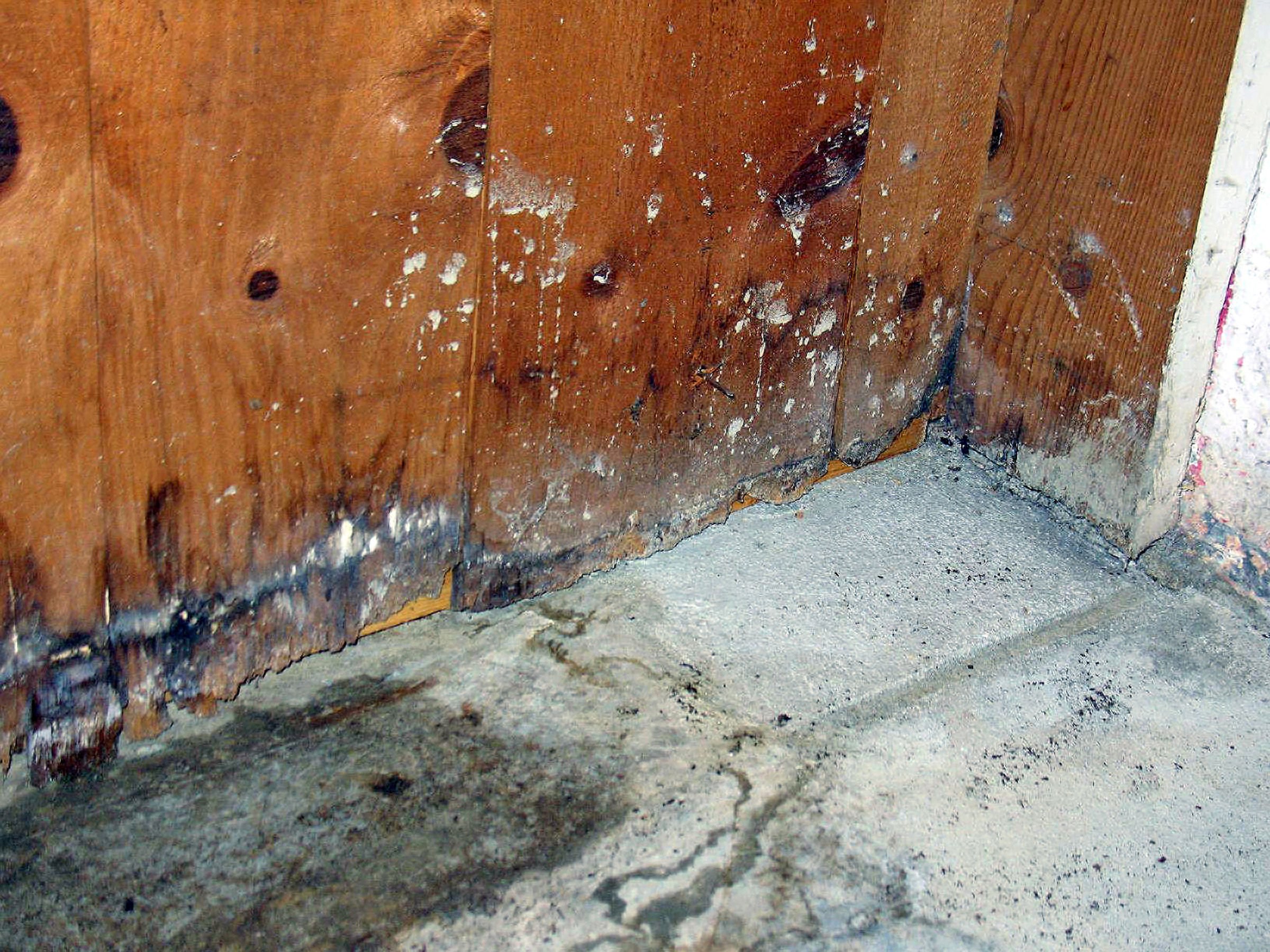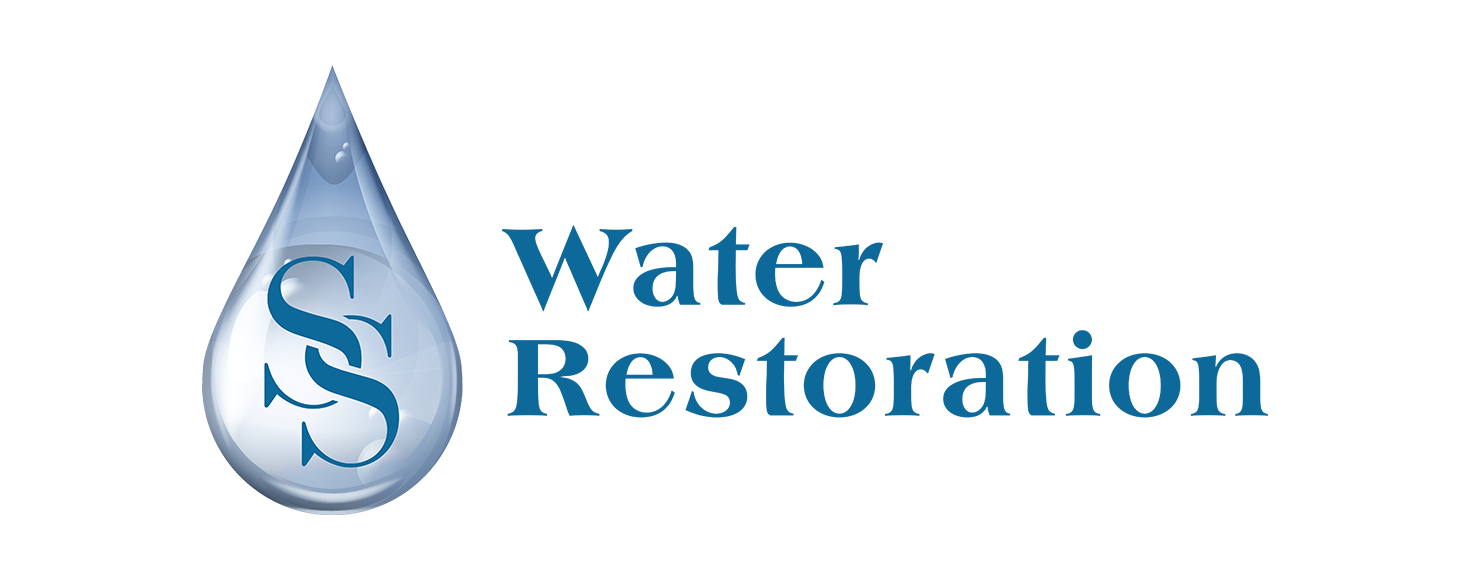Comprehensive Damage Restoration Services for All Types of Water Damage
The Refine of Water Damages Clean-up: Ensuring Your Home Is Recovered Properly
Water damage can be a complicated difficulty for property owners, necessitating a thorough and organized cleanup procedure to restore safety and performance. Initially, a comprehensive analysis is crucial to identify the level of the damage and determine the suitable remediation actions. Following this, effective water removal techniques play a crucial role in mitigating additional harm. Nevertheless, the subtleties of drying, disinfecting, and eventual repair are equally crucial and frequently forgotten. Understanding these stages can make a substantial distinction in the result of your home's repair, triggering a closer take a look at what each step involves.
Evaluating the Damages
Upon uncovering water damages, the very first step is to completely analyze the level of the influence. This first evaluation is important, as it aids establish the essential actions for reliable cleanup and remediation. Begin by examining the affected areas, including wall surfaces, ceilings, floorings, and individual items, to recognize the resource of the water breach, whether from flooding, leakages, or condensation.
Documenting the damage is necessary for both insurance claims and planning restoration initiatives - damage restoration services. Usage pictures and created notes to catch the intensity of the damage, noting any damaged architectural components and materials. Pay special attention to areas that may not be right away visible, such as behind wall surfaces and under rugs, as concealed wetness can result in further complications, consisting of mold development
Furthermore, assess the timeline of the water exposure. Eventually, an extensive analysis lays the groundwork for an effective water damages cleanup procedure, guaranteeing that all influenced areas are dealt with properly and thoroughly.
Water Removal Techniques
:max_bytes(150000):strip_icc()/GettyImages-1499353990-49a5c958582445b0a55dbceda3a9097d.jpg)
Professionals normally employ submersible pumps for larger volumes of water, which can rapidly relieve flooding in basements or other impacted locations. For smaller quantities, wet/dry vacuums are commonly made use of to extract residual dampness from carpetings and difficult surfaces. Furthermore, using mobile extractors allows for targeted elimination in constrained spaces or areas with delicate materials.
In instances of polluted water, such as sewer or floodwater, progressed removal strategies might entail the usage of biohazard equipment to guarantee security and compliance with health guidelines. High-powered removal tools are critical in minimizing water retention in architectural materials, which can result in mold growth and architectural deterioration otherwise addressed quickly.
Eventually, the effectiveness of water extraction methods plays an essential duty in the general success of the water damage cleanup process, laying the foundation for subsequent remediation initiatives.
Drying and Dehumidification
Once standing water has actually been efficiently drawn out, the next essential stage in the water damages clean-up process is drying and dehumidification. This action is necessary to stop additional damages and mold and mildew development, which can occur within 24 to 2 days in moist environments.
To attain reliable drying out, specialized tools such as industrial-grade air movers and dehumidifiers is utilized. Air movers flow air across damp surfaces, improving evaporation prices, while dehumidifiers decrease moisture levels in the air, promoting a helpful atmosphere for drying out. The combination of these devices ensures that dampness is drawn out from furnishings, floors, and walls, permitting them to dry extensively.
It is necessary to keep track of the drying out process very closely. Professionals usually make use of wetness meters to analyze the moisture material in numerous products, guaranteeing that all influenced areas reach appropriate dry skin degrees. This thorough strategy aids to stop hidden moisture pockets that could lead to architectural damage or harmful mold and mildew growth.

Cleansing and Disinfecting
After the drying and dehumidification phase is complete, the following vital step in water damage cleanup is cleaning up and sanitizing the impacted locations. This process is critical to prevent the development of mold, bacteria, and other pathogens that thrive in damp environments.
The cleaning phase usually includes removing any debris, dirt, and contaminants from surface areas making use of specialized cleaning up agents. For hard surface areas, a mix of soap and water or industrial cleaning items is typically utilized. Soft materials, such as furniture and carpetings, might need much more substantial cleaning methods, consisting of heavy steam cleaning or deep removal strategies, to make sure detailed cleanliness.

Sanitizing complies with cleaning, utilizing EPA-approved disinfectants to remove dangerous bacteria. This action is necessary, specifically in areas that might have come right into contact with floodwaters or sewer, as these resources can position significant health and wellness threats.
Furthermore, it is necessary to attend to any staying smells, which may call for using odor neutralizers or innovative techniques like ozone therapy. Proper cleansing and disinfecting not just restore the safety and security and hygiene of your home however additionally lay the foundation for successful reconstruction and repairs in succeeding stages of the water damages clean-up procedure.
Restoration and Repair Work

Once the assessment is full, reconstruction initiatives can begin. Furthermore, flooring may call for comparable interest, depending on the level of water direct exposure.
It is crucial to involve knowledgeable remediation professionals throughout this procedure, as they possess the competence to deal with complex fixings successfully. They can aid alleviate potential future concerns, such as mold development or structural instability, hence guaranteeing a safe and habitable living environment. Inevitably, effective reconstruction and repair work recover the home's stability and boost its general worth.
Conclusion
Finally, the process of water damages clean-up is essential for recovering a home to its pre-damage condition. Each stage, from examining the damages to executing efficient water removal methods, adhered to by complete drying, disinfecting, and essential repair work, plays an essential function in ensuring security and compliance with structure standards. Efficient implementation of these actions not only mitigates immediate damage but additionally improves the long-lasting site web integrity and value of the residential or commercial property.
Water damage can be an overwhelming obstacle for property owners, necessitating a meticulous and structured cleaning procedure to restore safety and functionality. Ultimately, a comprehensive assessment lays the foundation for an effective water damages clean-up process, guaranteeing that all affected areas are attended to successfully and completely.
Effective water removal methods are necessary in mitigating damages and stopping additional complications adhering to a water invasion will insurance cover water damage occasion.In final thought, the process of water damages clean-up is critical for recovering a home to its pre-damage condition. Each phase, from evaluating the damages to implementing efficient water extraction methods, followed by thorough drying, sterilizing, and required repair services, plays a crucial function in making certain security and compliance with building criteria.